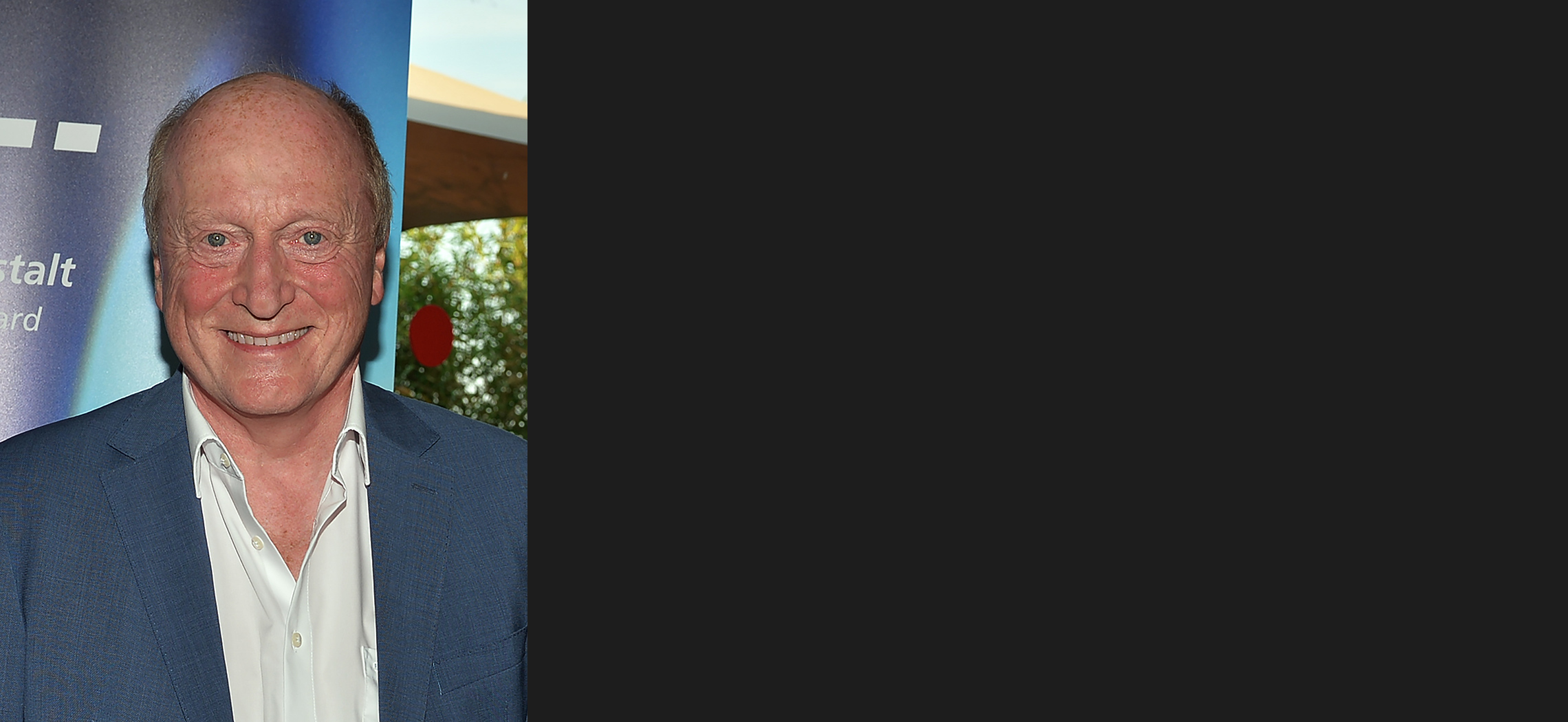Peter Dinges looks back at the last 20 years
Peter Dinges © Stefanie Rex20 years ago, German Films Quarterly (GFQ) was granted the first press interview by Peter Dinges after he took up the position of CEO of the German Federal Film Board (Filmförderungsanstalt – FFA) on 1 April, 2004. Two decades later, he now looks back on the highlights and challenges of heading up this national film funding agency and on what could be in store for the German film industry in the future.
“When I started at the FFA after working as Head of Business Affairs & Legal Affairs at Telepool in Munich, I was determined to bring the service concept as practiced in the private sector to the FFA,” Peter Dinges recalls.
“I’m pleased to say that the FFA has become a modern and efficient service provider in these 20 years,” he notes. “We have an open-door policy and have entered into dialogue with the industry, so if you want to talk to us, you always have someone to speak to. In fact, we have never been as close to the industry as we are today.”
He admits that the first 10 years of his tenure as CEO were overshadowed somewhat by the action brought by a multiplex chain claiming that the German Film Law (FFG) was unconstitutional and that there was unequal treatment between exhibitors, the video industry and broadcasters on the scale of the levies paid to the FFA. “That rather put the brakes on us supporting the development of German cinema at the time,” he says. However, the 28 January 2014 was then a very personal highlight for me as this was the day when the Federal Constitutional Court in Karlsruhe ruled against the multiplex chain.”
“It was a huge relief when this ruling came because we now had legal certainty about the FFA’s position. And we also received a show of solidarity from the industry who stood by us.”
In these 20 years, Peter Dinges has seen more than 900 projects being awarded production funding by the FFA, and its supported films have gone on to win Oscars, European Film Awards and Lolas as well as prizes on the international festival circuit.
“This year was particularly pleasing with the nomination in the International Feature Film category for İlker Çatak‘s THE TEACHERS’ LOUNGE as well as the recognition of German creativity with the nominations for Sandra Hüller and Wim Wenders even when their projects didn’t have a German flag attached,” he suggests. “At the FFA, we have been accompanying the development of German cinema in all its facets and have witnessed a considerable increase in the market share for German films since 2004 and it now stands at between 20 and 30 per cent.”
Since Peter Dinges hails from Saarbrücken on the German-French border, it is not surprising that he has been particularly open to seeing the FFA play a role on a European and even wider international level.
As he had already said in his interview with GFQ in 2004, he saw the future of German cinema within the framework of European cinema and cosidered a continuous collaboration within the European Film Agency Directors (EFADs) as being very important. In December 2014, the EFADs association acquired formal status under Belgian law with Peter Dinges being elected as its President, a post he subsequently held until 2018. “The number of international co-productions has been constantly increasing and over 40% of the German films premiering in German cinemas these days are co-productions,” he explains. “The trend now is for co-productions to not only be done with one partner, but they have two or even more partners. Multilateralism seems to be the trademark for the future and that’s why we recently launched a minority co-production fund which will support exactly these kinds of films.”
Looking to the future of the German film landscape and the FFA’s role, he suggests that “the key to success will lie in activating the creative pool of young talent and ensuring that filmmakers take account of the diversity of contemporary German society when developing their projects. “Cinema audiences are part of this society and want to see themselves and their lives represented in the films and to be able to identify with the stories that are being told,” Peter Dinges concludes.
Martin Blaney

